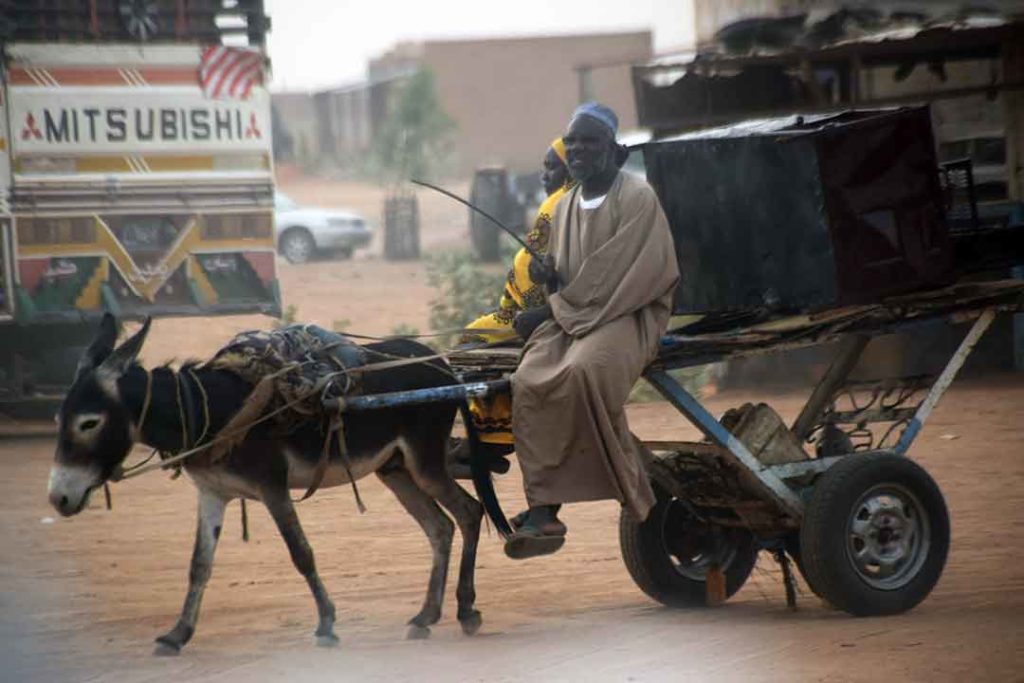“Everyone has family in Khartoum.” South-Sudanese prepare to host refugees from Sudan
Sudan and South Sudan fought a drawn-out Civil War before separating in 2011. However, almost all South-Sudanese still have relatives living in the capital of Sudan, Khartoum, which has been rocked by a violent conflict between military factions representing different political groups. The Catholic Church in South Sudan is preparing to host refugees from the current civil war that is ravaging parts of Sudan, especially Khartoum.
At least 500 people have died and thousands have fled, seeking safety in other countries, including Ethiopia, Egypt, Chad and South Sudan.

The Bishop of Wau, in South Sudan, has written to all the faithful of his Diocese, asking them to prepare to welcome those who arrive looking for safety. “The bishop asked us to help our brothers from Khartoum. He addressed the request to all of us, priests, religious and laypeople. The message is one of solidarity with Khartoum, and with the people of Khartoum”, Sister Beta Almendra, told the Portuguese section of Aid to the Church in Need (ACN).
“We have organised three special collections at Masses. All the lay faithful are being asked to contribute, and then we will gather the money and send it to Khartoum in the first week of June, so that we can offer real assistance to the people who stayed behind, or those who have to get out”, said the Portuguese Comboni missionary who has been living in South Sudan for several years.
Majority Muslim Sudan and Christian South Sudan used to be the same country but split in 2011 after a decades-long civil war. However, despite the years of conflict, the countries and their populations still have much in common. “When we say that South Sudan is the youngest country in the world, it is because it only became independent in 2011. But the people are the same as before, and they all have relatives in Khartoum. We are constantly asking them how they are, if they have managed to leave the country, can they make it to South Sudan?”, Sister Beta explains, in a message sent to the ACN-Portugal.
“It can take months to reach safety”
As is the case in most conflicts, the poor suffer disproportionately, as they are the ones who do not have the means to secure their safety. “Anybody who had money, or some savings, managed to get out by car or by aeroplane. All the rest had to leave on foot, and it can take months for them to reach safe places, such as Wau, for example, where we are expecting them and ready to welcome them.”

Besides the danger of the conflict in Sudan, and the physical difficulties of such a journey, there are other risks on the journey to safety. “Many of those on the road are being robbed. Most of them already had to leave everything behind, but even the little they did manage to bring is stolen from them. It is a very difficult journey, and they are leaving a country with many, many problems”, she tells ACN.
An estimated 50,000 people have already crossed the border between the two countries, but not many have yet arrived in Wau. “We don’t have refugee camps yet, because people are mostly coming by foot, but slowly, they will surely begin to arrive”, says Sister Beta Almendra.


